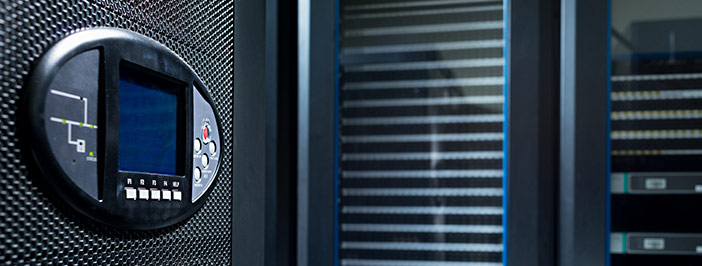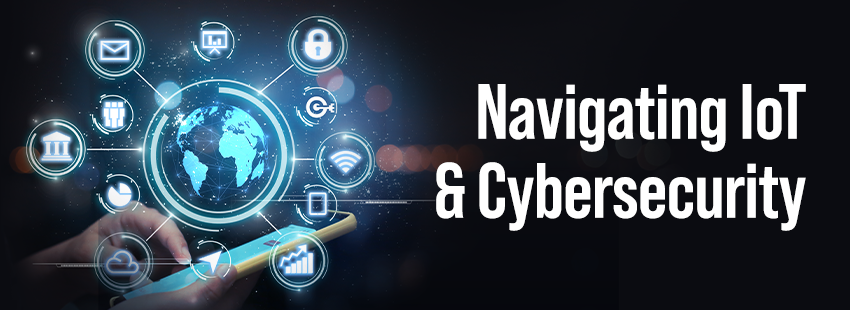Backup Security: Here’s How to Do It
Everyone knows you need backups (everyone has known since the turn of the century). Backups let you protect your organizational data by copying it and keeping it in a safe place, away from your computer hard drive. It’s an extra layer of security — a safety blanket that lets you sleep better at night.
But why do you need backup security?
Well, cybercrime-related costs totaled a massive $3 trillion in 2015, and these are expected to double by the year 2021. And here’s something even scarier — 60% of small and medium-sized businesses go bust within six months after a cybersecurity incident.
You wouldn’t want that, would you?
Here are some surefire ways to secure your backups.
Clone, Clone, Clone Again
You need to cover all bases.
It’s a good idea to have multiple backups in multiple locations. Keep copies of your data on separate physical hardware devices and store them separately from each other. Naturally, it’s important to keep cloud backups in mind, too.
Related: 3 Reasons to Test Your Backups
Following the 3-2-1 rule is helpful as an iideal guideto improve your backup security. It states that you should keep 3 copies of your data – 2 on different physical or cloud-based media (such as servers or external hard drives) and 1 in an offsite location.
You might think this is all a little unnecessary — overly cautious, even. But having a proper disaster recovery plan in place, where you store your data in various places, could save your business from going under in the event of a disaster.
Use Password-protected Backups
Password-protected backups are essential for organizations of all sizes. After all, there’s not much point in having a backup if cybercriminals can easily break into it and steal the data within.
Double lock your data with a strong password that only authorized persons in your business know about. But what if you want to make your data more secure than Fort Knox?
Combine letters and numbers when choosing a password and change it on a regular basis. Try and think of a password with at least 12 characters or more. When it comes to passwords, size really does matter. You’ll thank yourself in an emergency.
Related: Stop Making Excuses. You Really Need a Password Manager.
“If [data] is lost or corrupted as a result of theft, being criminally compromised, physical damage or technical failure, your organization faces potential multiple risks,” says Get Safe Online. “These include business interruption (in the case of customer and supplier records, accounts files, emails and software programs), loss of revenue, loss of reputation, non-compliance with data regulations and negligence litigation.”
Under Lock and Key
Surprisingly, one of the most overlooked aspects of backup security is physical security. There’s not much point in operating a digital gauntlet of security measures if your data can be casually picked up and walked out of the building.
So what can you do to keep it safe?
Start with locking your server rooms (which is likely where you’re storing your backup). You monitor the entry and exit to this room with anything as simple as electronic card keys to the recommended cameras with motions sensors.
Remember, the data backups stored in the room likely hold sensitive company data. Consider installing security cameras to deter entry and to keep a video log of people in the event of a data breach. Having a set amount of authorized users also helps to cut down on the chances of a data breach happening in the first place.
Did you know? 80% of security breaches occur inside the perimeter.
Encrypt Your Data
So, you keep your data off-site and password-protect your hard drives. What’s next? Encryption provides you with even more security, preventing hackers and third-parties from accessing your valuable information. Basically, encryption converts your data into a code to stop unauthorized access and greatly improves overall backup security.
Encrypting your data will ensure you comply with data protection legislation, too. You can keep your customers’ data safe and avoid penalties. HIPAA, FIPS and many other regulations stress the importance of data encryption in order to protect information.
“No matter what method you choose for your PC drive, file encryption will be an expanding requirement,” says Computer Weekly. “You need to anticipate and set encryption policies for data transfer to flash media, CDs, DVDs, external hard drives and other destinations.”
If your business still relies on old, outdated data security measures, now’s the time to protect your information properly.





